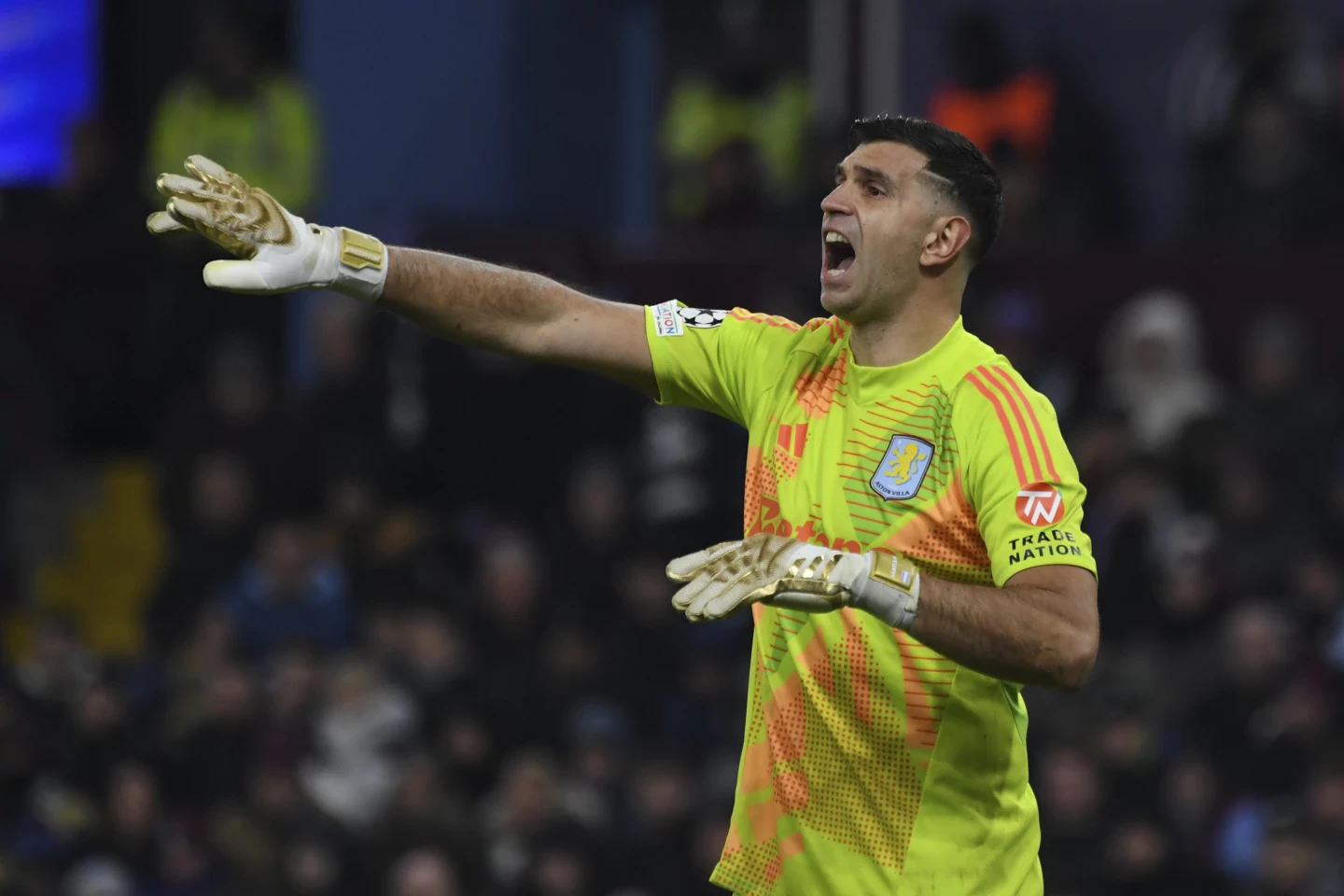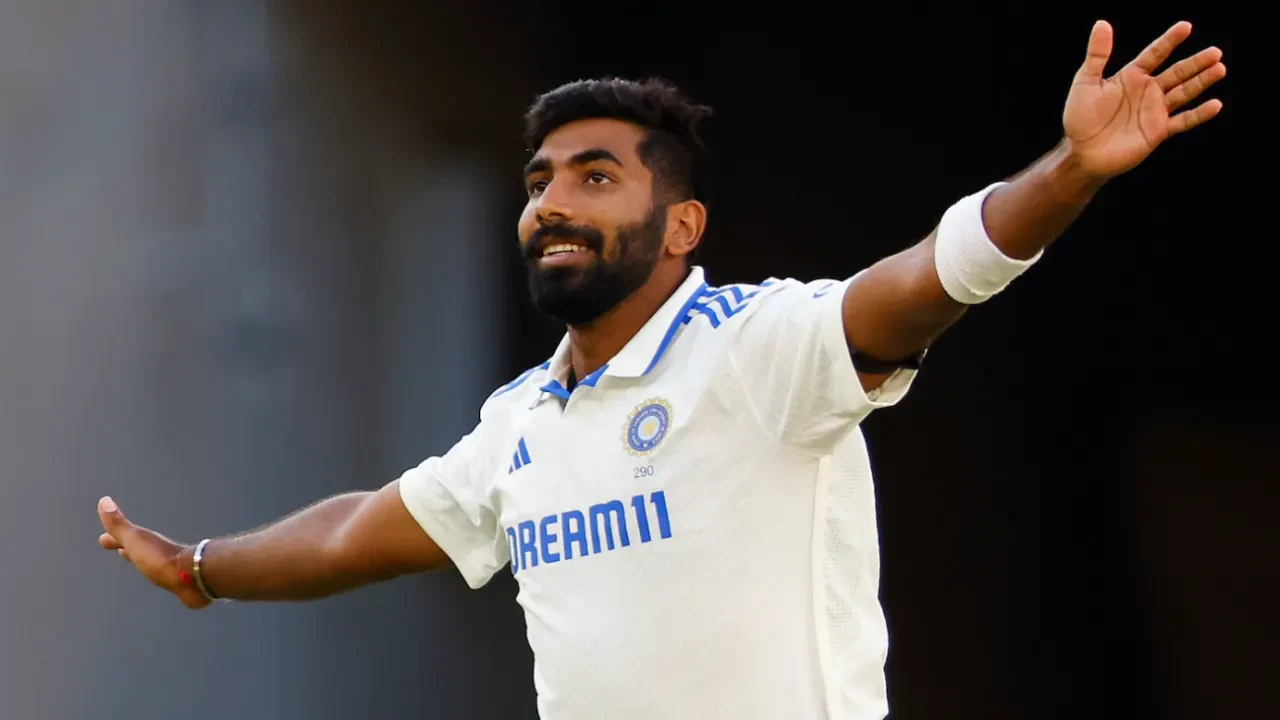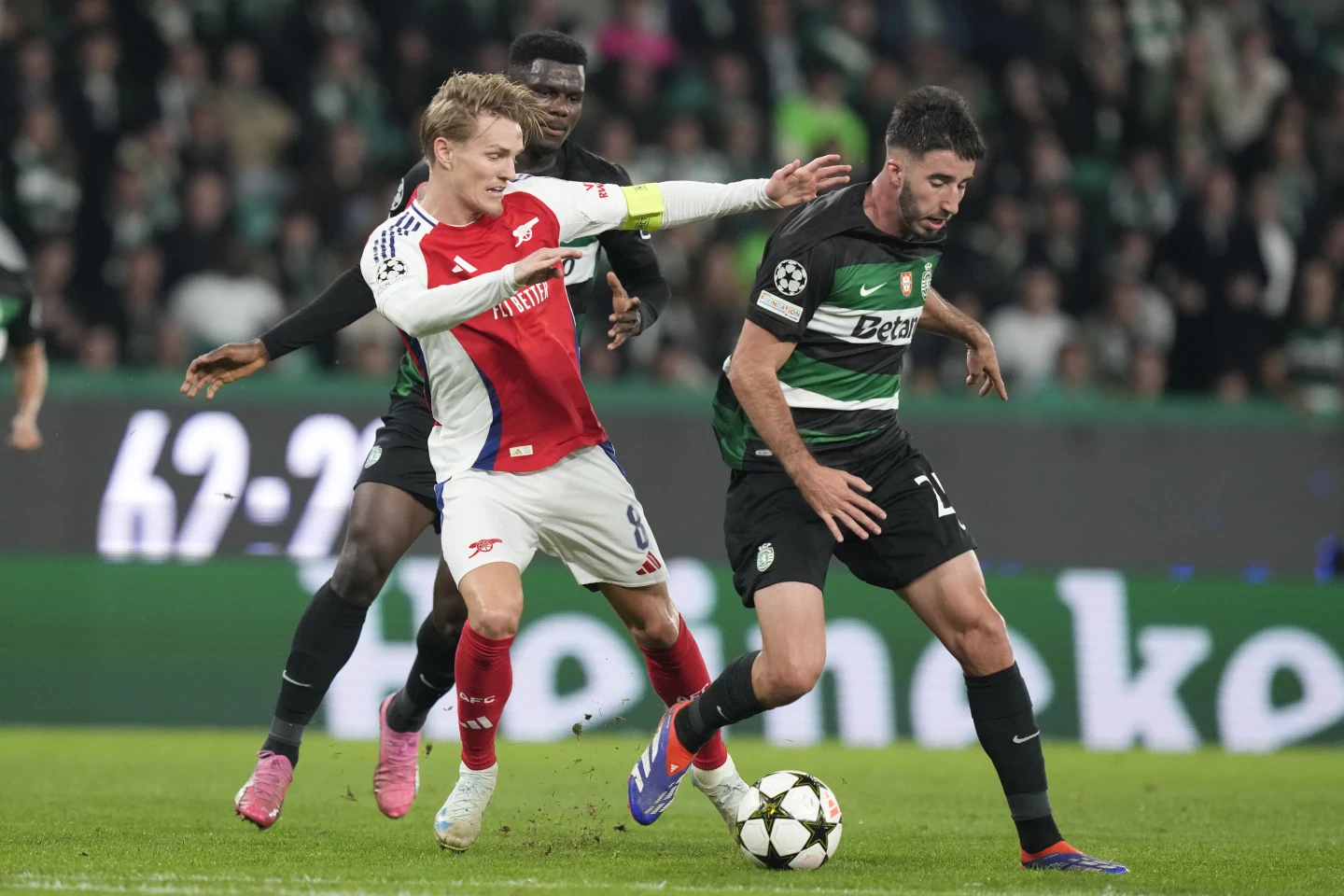In spite of injuries and illness, inevitably Australia find a way

Mitchell Marsh and Steven Smith led Australia to a 3-2 series win in England • ECB/Getty Images
Bristol, September 30 — A series bookended with victories engineered by the spinners; different XIs in every match; a change of captain for the final game; injury and illness updates on almost a daily basis: Australia had to think on their feet during the autumn tour of the UK.
It appeared they may have run out of steam after a hiding at Lord's and when England were on course for 400 in Bristol. But with a helping hand from the rough edges in an inexperienced opposition, they even ended up being able to hold back the clouds long enough.
While this tour was far from the most important cricket Australia will play over the next six months, it certainly wasn't a trip that they shelved under insignificant. Particularly for the ODIs against England they were close to full strength with an eye to the Champions Trophy - only Pat Cummins remained at home to build-up for India's visit. Whether there is significant collateral from the last few weeks will only be known when the seriousness of Cameron Green's back injury is determined. Cummins, Andrew McDonald and chief selector George Bailey will hope the injury run does not follow them back home.
"Really proud of the fact that we did have a lot of moving parts throughout these last couple of weeks, but we had guys step up for us," Mitchell Marsh said after sitting out the decider with soreness. "I'm sure everyone's looking forward to getting home, a bit of a reset, we get an opportunity to play for our states then obviously it's a huge summer."
If you had to guess where Australia would bowl the most spin ever in an ODI, Bristol on September 29 - the latest international in an English season - would probably not be top of the list. Neither, for that matter, Trent Bridge where they used almost as much. Wearing pitches at the end of a long season played a part, but it still required alertness and show of faith from Marsh and Steven Smith in the options available.
In Marnus Labuschagne and Travis Head they found match-changing performances from somewhat unlikely sources, although as Marsh said afterwards Head is a better bowler than often given credit for. "Every time he bowls, he seems to change the game," Marsh said. "We are blessed to have a lot of allrounders, both pace and spin, so the more options we have with both bat and ball it gives our side great balance."
Adam Zampa's absence at Chester-le-Street emphasised his importance to Australia's white-ball cricket while his recovery from figures of 2.2-0-42-0 in Bristol to end with 10-0-74-2 was a show of his class that will perhaps be lost as the roadshow moves on.
Aaron Hardie had an excellent tour with both bat and ball•AFP
One of the biggest gains of the series was the performance of Aaron Hardie, particularly with the ball. The injuries allowed him to have a greater role than would probably have been the case. He bowled with good pace and found significant movement, none more so than the superb delivery to knock over Will Jacks in the decider.
"He's a really good young kid and he's learning a lot on the run, but I thought he played some really pivotal roles for us with both bat and ball throughout this series so I'm sure he'll take a lot of confidence back home," Marsh said. "It was an outstanding tour for him."
Matt Short's blistering 23-ball half-century in Bristol may also prove significant. After a couple of unconverted starts earlier in the series the approaching rain meant he had to flick into T20 mode which may have brought a degree of freedom, but few can hit the ball harder or longer. He could well have put himself a step closer to the Champions Trophy - a run of three games at the top against Pakistan in November, allowing him a consistent role, wouldn't hurt.
The perhaps unlikely question that was raised during the series was Josh Inglis versus Alex Carey after the latter's back-to-back 70s while Inglis was recovering from a quad strain. However, after the pair played together at Lord's the answer was revealed in Bristol when Carey was left out.
Although younger players had an opportunity on this tour, the Australia men's ODI set-up remains one at the more mature end of the spectrum. The Champions Trophy in February will likely mark a 50-over endpoint for several of this generation - 2027 will be a step too far. Mitchell Starc, who swayed from the wicked inswinger to remove Harry Brook at Headingley to be taken for a record 28 off an over at Lord's, will probably be among that group alongside Glenn Maxwell, Smith and perhaps even Marsh and Josh Hazlewood.
For them, all their ODI legacies were cemented by what happened in India last year, but global tournaments, especially the 50-over variety, tend to bring out the best in Australian players. And winning when the going gets tough, as it did in England, will serve them well.










Leave Comment